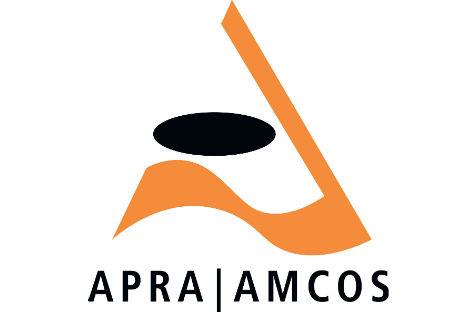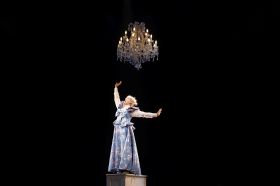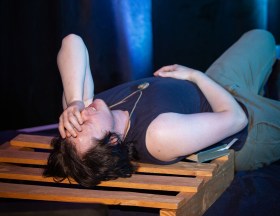Last week’s ArtsHub’s Ben Eltham reported APRA’s $160 million monopoly is under the spotlight as APRA re-applies for its special exemption from competition law. APRA says most musicians agree it should retain its authorisation to ensure Australia creators get their money.
Ben Eltham’s statement that ‘collection agencies have a unique exemption under Australian corporate law’ is a nonsense. If there were such an exemption, there would be no need to engage in the authorisation process.
APRA first obtained authorisation from the Australian Competition Tribunal some 13 years ago. Contrary to Mr Eltham’s assertion, on that occasion and on the subsequent occasions on which APRA has successfully renewed its authorisations, there was “formal opposition” – in particular, from the commercial television and cinema industries. On each occasion that APRA has applied for renewal of its authorisations, in spite of well-resourced opposition to many aspects of APRA’s operations, the ACCC has recognised the public benefits of the APRA system and granted the authorisations.
It is also patently false to say that the ACCC has received “a slew of angry submissions” in connection with its current authorisation process. Although APRA has more than 60,000 licensees, the ACCC has so far received a total of only 32 public submissions and not all of them “angry”. Interestingly, a number of the submissions are from industry bodies (or members of bodies) that are currently actively involved in commercial negotiations with APRA.
Copyright law is not as “fiendishly complex” as Mr Eltham makes out. Its basic premise is simple: without copyright, there would be no money for Australian creators. Australian copyright law, and APRA’s system of collective management, give songwriters the ability to earn a living from selling their music.To this end, APRA is a performing right collecting society that represents the interests of more than 70,000 Australian songwriters and music publishers. It is affiliated with similar societies around the world, ensuring that when Australian works are performed overseas, Australian songwriters get paid. Last year, APRA collected more than $185 million, including $22 million from overseas collecting societies. The same year, APRA distributed more than $162 million, including nearly $3 million allocated for the collective benefit of the membership as a whole by promoting the use and/or recognition of works written by APRA members.
APRA does not only distribute “live performance royalties”, it also distributes licence fees collected from television and radio broadcasters, fitness centres, nightclubs, digital download services, subscription music services, cinemas, and businesses that use music on hold and background music. APRA distributes the money it collects to songwriters and publishers – not “every November”, but four times a year. Revenue received from overseas is distributed monthly.
Contrary to Mr Eltham’s suggestion, APRA members are already able to deal with licensees directly, and have been able to do so since 1998. APRA’s opt out and licence back facilities give members an unprecedented control over the direct licensing of their works. The continued authorisation of APRA in no way hinders the ability of members to deal with their own works.
APRA accepts that public scrutiny is a part of doing business, and engages with the authorisation process fully. However, it is extraordinary that APRA should also have to deal with an attack in a publication such as this that has made no apparent effort to check facts or understand issues.






